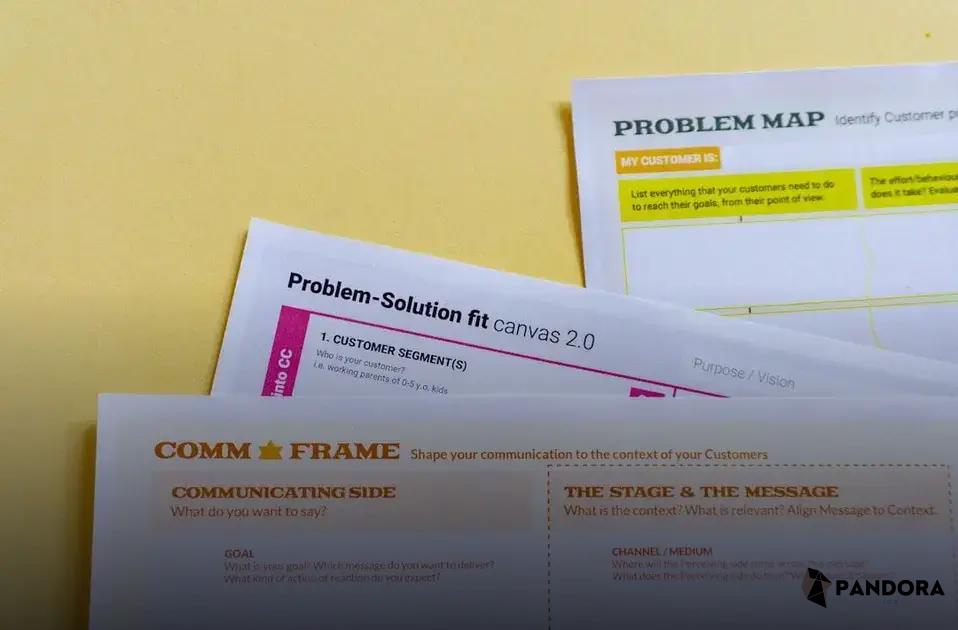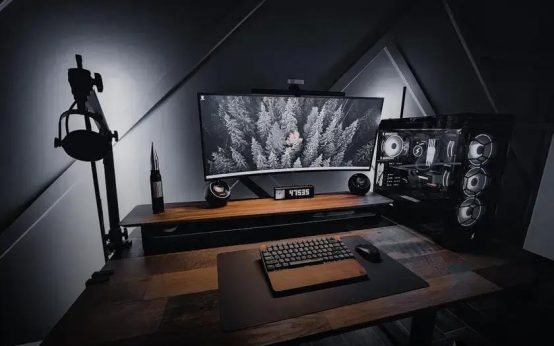Freelancing can be a rewarding career choice, offering flexibility and independence. However, getting started might seem daunting without proper guidance. This blog post, ‘Freelancing 101: Getting Started’, aims to simplify the process by providing insights into the freelance landscape, essential skills, portfolio creation, and tips for landing your first gig. Whether you’re transitioning from a traditional job or exploring freelancing as a new opportunity, our guide will equip you with valuable advice to kickstart your freelance career successfully.
Understanding the Freelance Landscape
Freelancing has become a popular career choice for those seeking flexibility and independence. The freelance landscape is diverse and constantly evolving, offering opportunities across various industries such as design, writing, programming, and marketing. Navigating this landscape requires understanding key elements that influence a freelancer’s success.
One of the essential factors in freelancing is recognizing the different types of freelance work available. Project-based work involves collaborating on specific projects and is common in fields like graphic design and web development. Another type is retainer work, where freelancers provide ongoing services to clients for a set period.
Freelancing is also defined by its various working arrangements. Some freelancers operate independently, managing their client relationships and projects on their own. Others might join freelance platforms like Upwork or Fiverr, which connect freelancers with clients but typically take a commission from earnings.
This work style also demands an understanding of market dynamics. Staying current with industry trends, pricing strategies, and client expectations is crucial. Networking within the freelance community can provide insights and open pathways to new opportunities.
Understanding these components helps in navigating the complexities of freelancing
and sets the stage for a successful freelance career.
Essential Skills Every Freelancer Needs
Developing essential skills is crucial for success in freelancing. A major skill is time management. Freelancers must juggle multiple projects, so organizing time effectively can lead to higher productivity. Using digital tools or a planner can aid in setting priorities and meeting deadlines.
Another critical skill is communication. Whether it’s emailing clients, participating in video calls, or presenting ideas, clear communication ensures that freelancers meet client expectations and foster strong professional relationships. Active listening and clear articulation of ideas are vital components of this skill.
A great freelancer also needs to master self-discipline. Without a traditional workplace structure, staying motivated and avoiding distractions is essential to maintain a consistent workflow. Setting a dedicated workspace and establishing a daily routine can greatly enhance productivity.
Additionally, developing a strong portfolio will showcase your skills and previous work. Being able to effectively market oneself and demonstrate relevant experience is critical to attracting potential clients. It’s important to reflect your expertise in each piece you highlight.
Finally, having a solid grasp of financial management will ensure long-term success. This includes budgeting, invoicing, and understanding tax obligations. Wise financial planning helps in achieving both personal and professional goals as a freelancer.
In conclusion, honing these skills creates a foundation for a thriving freelance career. Each skill contributes uniquely to the ability to navigate and succeed in the freelancing world.
Building Your Online Portfolio
To showcase your skills and attract potential clients, it is essential to have a well-crafted online portfolio. This digital representation of your work can include samples of your previous projects, a brief professional biography, and testimonials from satisfied clients.
Choose the Right Platform: Opt for a platform that aligns with your field of expertise. Popular choices include portfolio websites, specialized online galleries, or personal blogs. Ensure that the platform is easy to navigate, visually appealing, and accessible on various devices.
Highlight Your Best Work: Select examples that demonstrate the range and quality of your skills. Focus on projects that you are proud of and that have received positive feedback. Consider including a variety of work that showcases different styles or techniques.
Remember to keep your content up-to-date. Regularly refresh your portfolio with new projects to show growth and current skills. This keeps your portfolio relevant and reflects your ongoing professional development.
Optimize for Visibility: Use SEO techniques to attract more visitors to your portfolio. Utilize appropriate keywords, add meta descriptions, and use tags effectively to help potential clients find your work online.
Finding Your First Freelance Gig
Embarking on your freelance journey can be exciting yet challenging. Finding your first freelance gig is a critical step in launching your independent career. Before diving into applications, ensure that you’ve prepared a strong portfolio to showcase your skills and past work. This can help potential clients see the value you bring.
Utilize Online Platforms
Numerous platforms like Upwork, Freelancer, and Fiverr provide excellent opportunities to connect with clients seeking freelancers. Create a compelling profile that highlights your expertise and includes feedback from any prior clients to build credibility.
Network Effectively
Networking is crucial in the freelancing world. Join online groups and forums related to your field of interest. Engaging with communities on social media platforms can also lead to job opportunities. Don’t hesitate to attend virtual or in-person networking events to connect with potential clients and other freelancers.
Leverage Your Existing Network
Don’t overlook your existing network. Friends, family, and former colleagues can be valuable in spreading the word that you’re available for freelance work. Share your new career path on social media and let people know the type of work you’re interested in.
Lastly, be patient and persistent. It might take time to land your first gig, but each step you take is getting you closer to your freelancing goals. With dedication and strategy, you’ll soon find yourself securing projects and building a steady stream of work.





